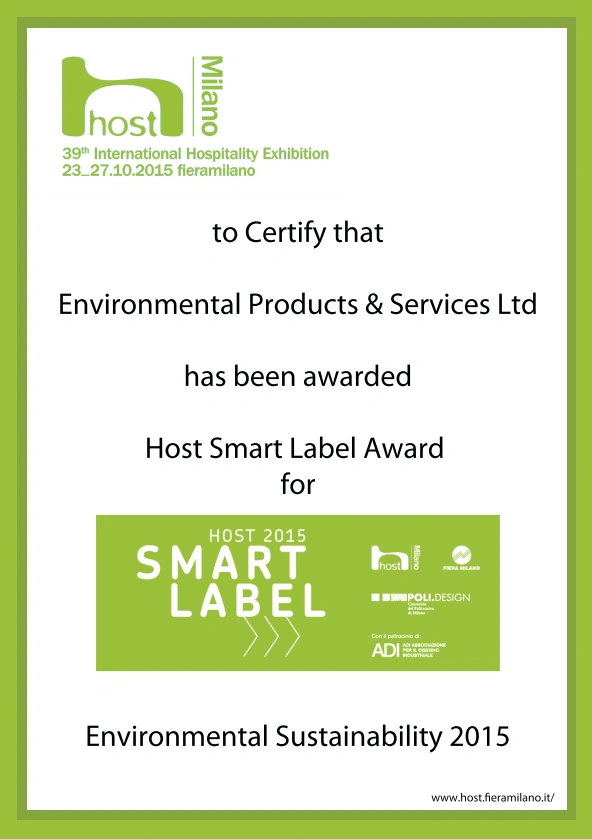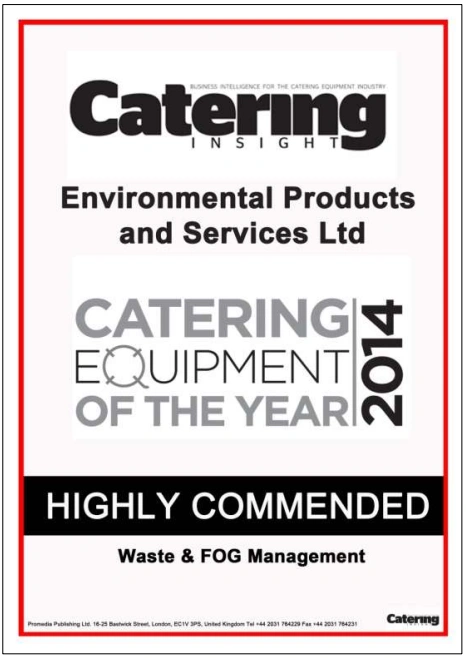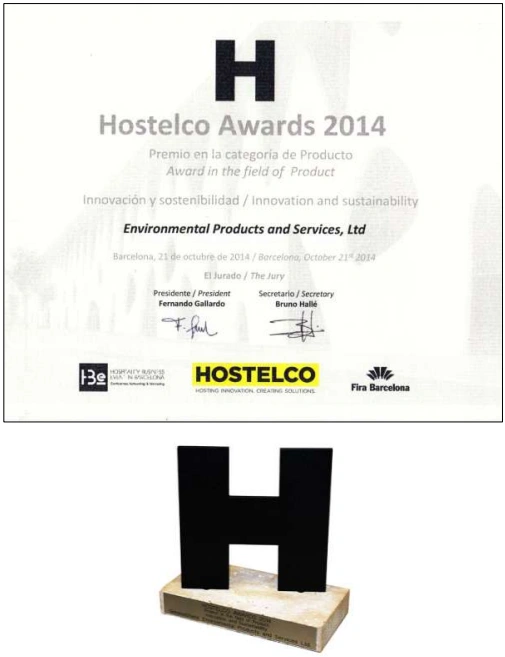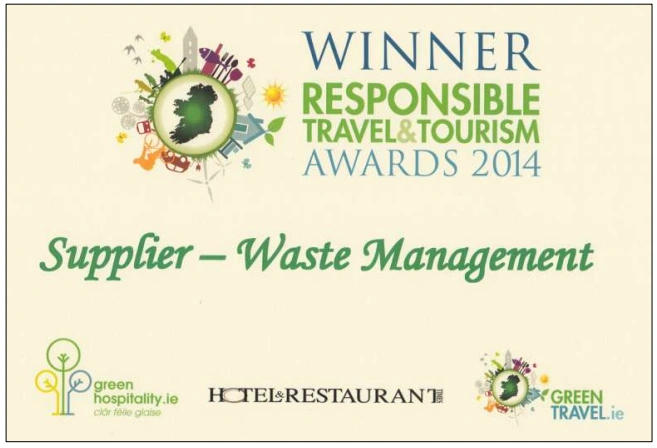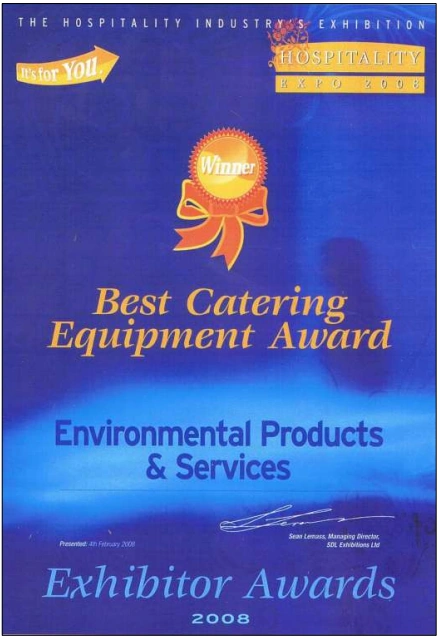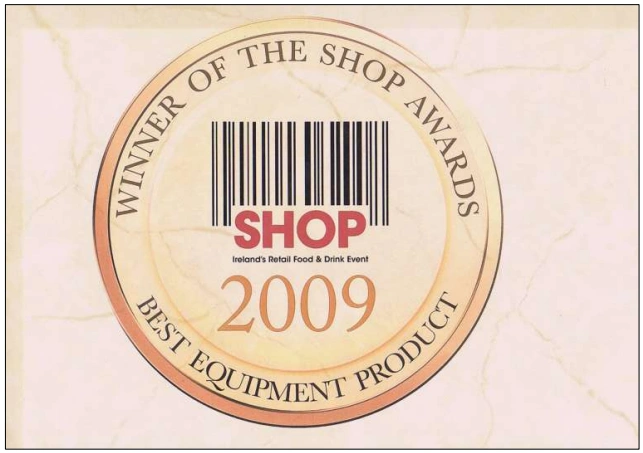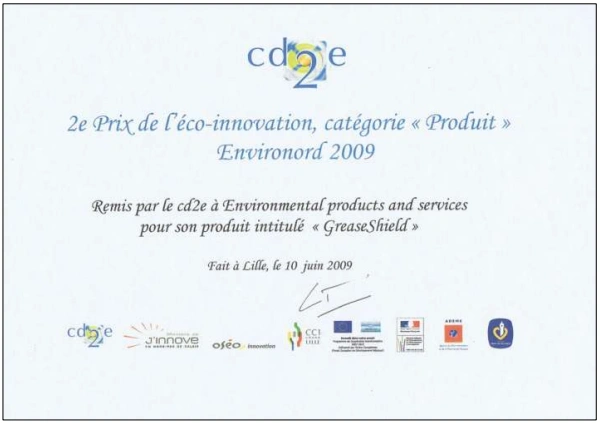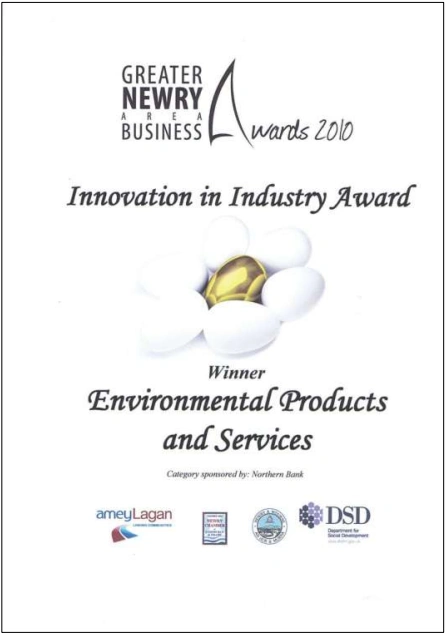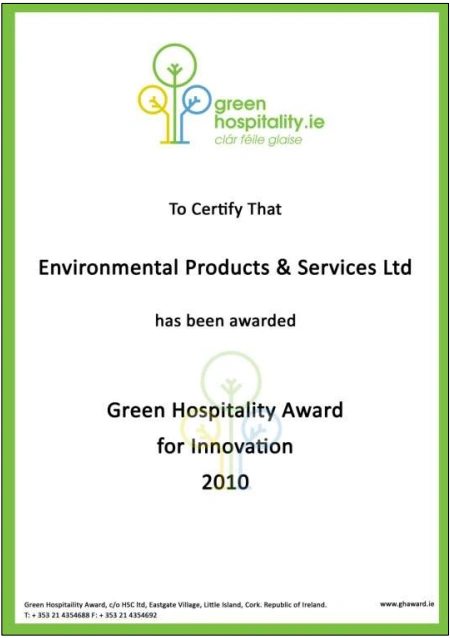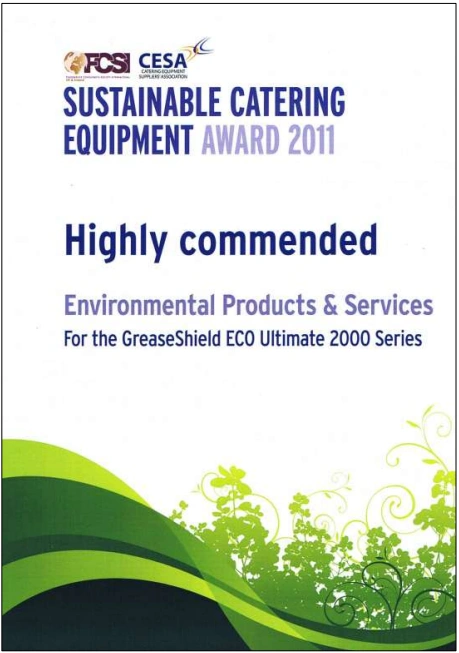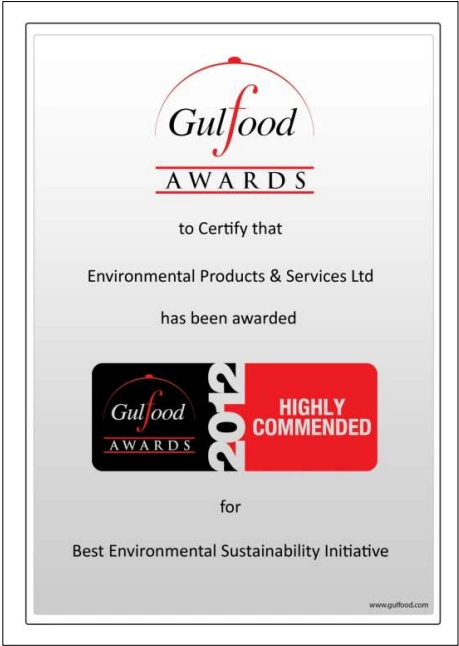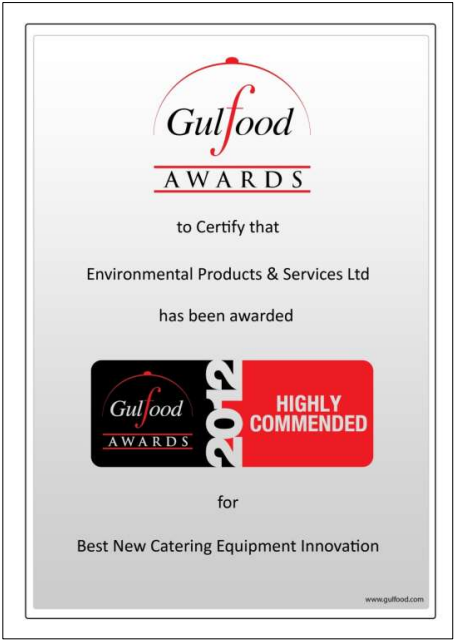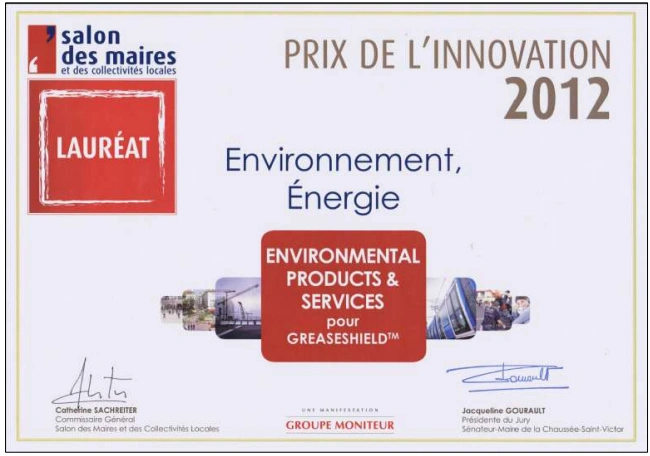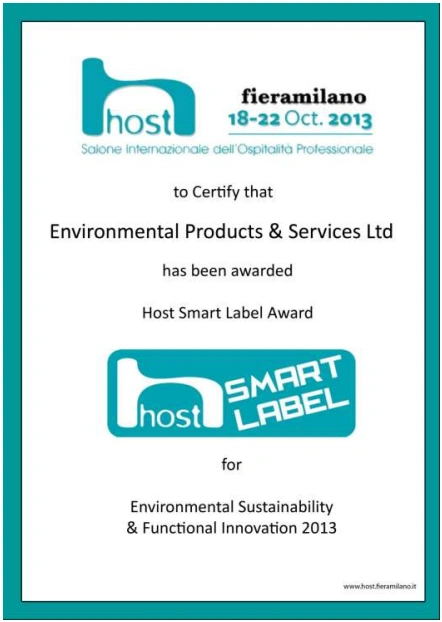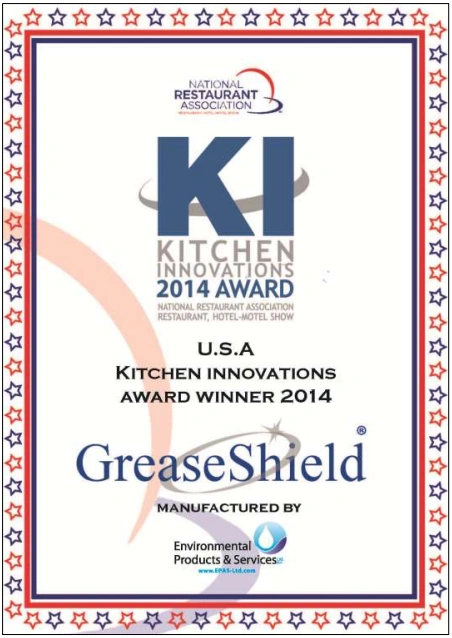Grease management might not be the most glamorous topic, but if you’re in the restaurant or hospitality industry, it’s one of the most crucial aspects of keeping your business compliant and running smoothly. Fats, oils, and grease (FOG) wreak havoc on plumbing systems, causing blockages, expensive repairs, and fines if businesses fail to follow local laws.
Different countries have implemented regulations to prevent these issues, particularly in places where food preparation is a major part of the business. In this blog, we guide you through grease management guidelines and laws in the UK and other countries, helping you understand what’s expected of you, wherever your business operates.
Why Grease Management Matters
Let’s start with why grease management is even necessary. When FOGs from cooking oils, fats, and food residue are washed down the drain, they solidify and accumulate in pipes over time. This can lead to costly issues such as:
- Blocked drains and sewer backups
- Health and safety hazards
- Environmental damage to local water systems
- Expensive fines and legal action for non-compliance
It’s easy to overlook, but poor grease management can cause serious damage to both your business and the environment. That’s why most countries enforce strict laws and guidelines to regulate the disposal of grease in commercial settings.
UK Grease Management Regulations
In the UK, several laws and regulations govern grease management in commercial kitchens:
- Building Regulations: The Building Regulations 2000 Part H – Drainage & Waste Disposal (2002 edition) mandates that drainage serving kitchens in commercial hot food premises should be fitted with a grease separator complying with specific standards. This applies to restaurants, hotels, pubs, cafes, fast food outlets, bakeries, hospitals, and food processing facilities.
- Water Industry Act 1991: Section 111 of this act makes it a criminal offense to discharge any matter into public sewers that may interfere with the free flow of wastewater. Violations can result in substantial fines or even imprisonment.
- Environmental Protection Act 1990: This act places a duty of care on companies to dispose of waste, including fats, oils, and grease (FOG), carefully. It also empowers local authorities to address “statutory nuisances” such as smells or accumulation of refuse.
- Food Safety Act 1990: Local authorities can inspect premises under this act. Problems arising from poor grease management can lead to prosecution or closure of the business.
- Enforcement and Penalties: UK water companies are increasingly issuing FOG compliance notices. Fines for non-compliance can be substantial, with some restaurants facing penalties over £30,000 for failing to install proper grease management systems.
Grease Management in Other Countries
Different countries take different approaches to grease management, but most have similar goals: keeping FOGs out of the wastewater system. Here’s a look at how a few other regions tackle grease control:
United States
In the US, grease management regulations vary by state and even by city, but most laws revolve around the Environmental Protection Agency (EPA) guidelines. Here are some key takeaways:
- Grease Interceptors: The EPA recommends that all food service establishments install grease interceptors, devices that are larger than grease traps and often required in high-volume operations. Local jurisdictions often follow this guideline and enforce it through inspections.
- FOG Disposal Programs: Many US cities have strict FOG disposal programs. For example, in New York City, businesses must have a FOG disposal plan, which includes using licensed waste removal contractors to safely dispose of the grease offsite.
Australia
Australia, like the UK, has stringent grease management guidelines overseen by Water Services Authorities. Here’s what businesses need to know:
- Grease Arrestors: All food service businesses must install grease arrestors (or grease traps). These devices need regular cleaning to prevent overflows and sewer blockages.
- Water Authority Inspections: Local water authorities can inspect grease management systems and issue fines for non-compliance. Businesses are responsible for ensuring their grease traps function properly and are emptied by licensed contractors.
Singapore
Singapore has stringent regulations on FOG management under the Sewerage and Drainage Act. Some key points include:
- Compulsory Grease Traps: It’s mandatory for food businesses to install grease traps to ensure fats and oils do not enter the sewage system.
- Frequent Inspections: Public Utility Board (PUB) regularly conduct unannounced checks and impose fines for improperly maintained grease traps.
- Grease Disposal Records: Businesses must keep detailed records of their grease trap maintenance and waste disposal to demonstrate compliance during inspections.
Best Practices for Grease Management
Regardless of where your business is located, there are universal best practices that can help you stay compliant and avoid potential penalties.
- Install appropriate grease traps or interceptors
- Regularly maintain and clean grease management systems (Please refer: Best Management Practices)
- Train staff on proper FOG disposal methods
- Keep accurate records of grease trap maintenance and waste disposal (Please refer: Daily Maintenance Record)
- Use licensed waste carriers for FOG removal and disposal
Whether you run a bustling restaurant in London or a food service facility in New York, effective grease management is essential for compliance and environmental protection. Although different countries have specific regulations, the goal remains the same: to prevent grease from damaging public sewer systems and water supplies.
By maintaining effective grease management practices and following local laws, you can avoid costly fines, reduce your environmental impact, and ensure smooth kitchen operations. Grease management may not be exciting, but it’s one of those behind-the-scenes aspects that can make or break your business!










